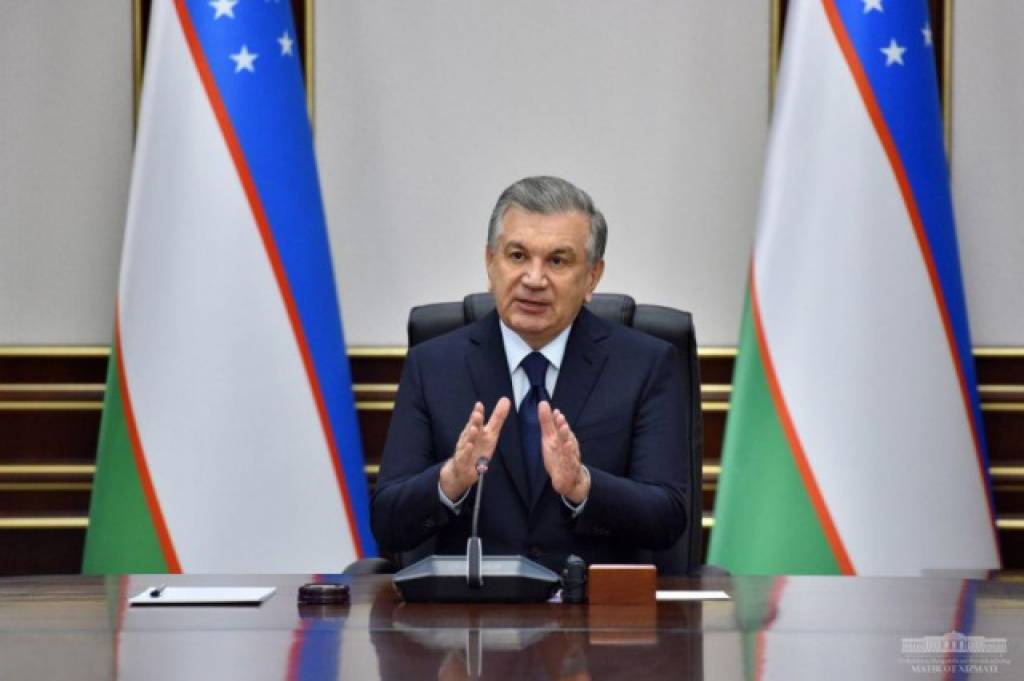Textile industry development issues discussed

President of the Republic of Uzbekistan Shavkat Mirziyoyev has held a meeting on the issues of ensuring stability in the textile industry and mitigating the impact of the pandemic on the industry.
On April 23, President of the Republic of Uzbekistan Shavkat Mirziyoyev held a meeting on the issues of ensuring stability in the textile industry and mitigating the impact of the pandemic on the industry.
There are more than 2 thousand textile enterprises in the country, employing 365 thousand people. Over the past three years, the export potential of the sector has doubled. Last year, products worth $1.6 billion were exported.
But this is not enough, since the reserves and opportunities of the industry are huge.
Uzbekistan has resources and means sufficient to fully process the grown cotton, bring exports up to $15 billion and employ more than 3 million people.
The issue of covering enterprises with working capital for the stable functioning of the industry was considered at the meeting.

An instruction has been given to extend the final payment term for cotton fiber from 90 to 150 days, sold before April 1 this year.
The Ministry of Finance has been instructed to introduce a mechanism for instant return of the amount of value added tax after export processing at customs, so that enterprises maintain a stable level of working capital.
The Head of the state also instructed to increase manufacturing finished products 4-5 times in five years, to develop foreign markets by increasing the competitiveness of goods. The need was noted for expanding their range and improving quality.
In particular, instructions were given on organization of large export enterprises with participation of foreign companies, the production of popular products under well-known brands.
To this end, new enterprises for the export of finished products will be organized in Namangan, Samarkand and Tashkent regions. 300 million dollars will be allocated for the implementation of these projects under the credit line of the Fund for Reconstruction and Development.
The issue of reducing costs in the chain of procurement of raw materials and production was discussed.

Due to the fact that for many years the country exported only cotton fiber, its price was tied to the quotes of the Liverpool Exchange. In fact, cotton fiber is sold on the New York Stock Exchange, the quotes of which are 10 percent cheaper than the Liverpool’s.
It was noted that this fact affects the cost of textile products and responsible persons were instructed to ensure the pricing of cotton fiber, depending on international stock quotes.
Attention has been paid to creation of favorable conditions for textile enterprises to enter foreign markets.
Finished products manufactured in Uzbekistan are mainly supplied to the region’s countries. Uzbekistan exporters have to pay a 15 percent duty and bear 4 times more transportation costs to enter the European market.
The Ministry of Investments and Foreign Trade, Uzbekistan Textile Industry Association have been tasked with obtaining the status of the beneficiary of the GSP+ system for duty-free trade in the EU market. At the same time, the need for accelerating BSI products certification with the assistance of the International Finance Corporation was noted. Instructions have been given for further expanding the subsidization of exporters’ expenses.
Responsible persons provided information on issues discussed at the meeting.










